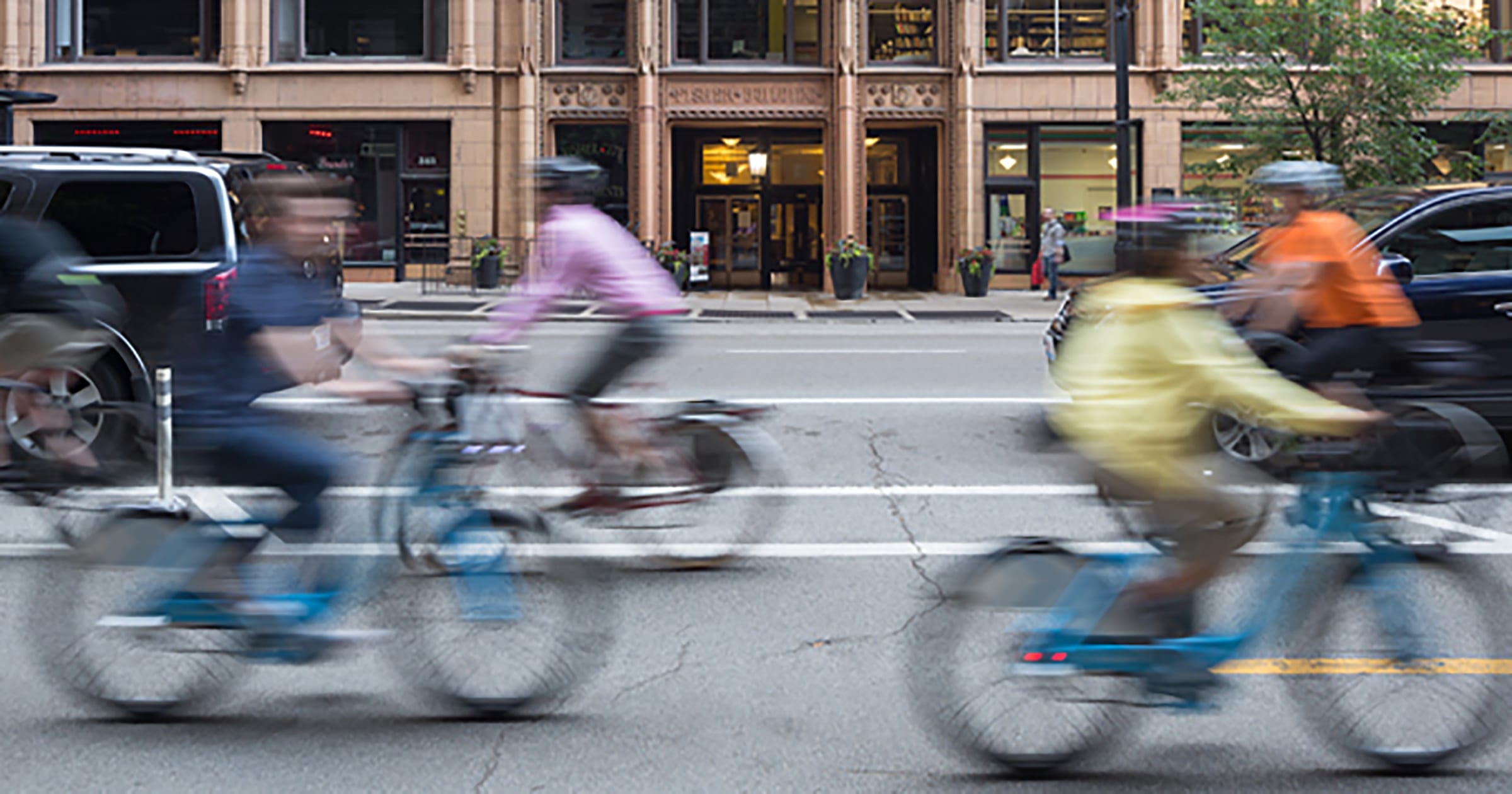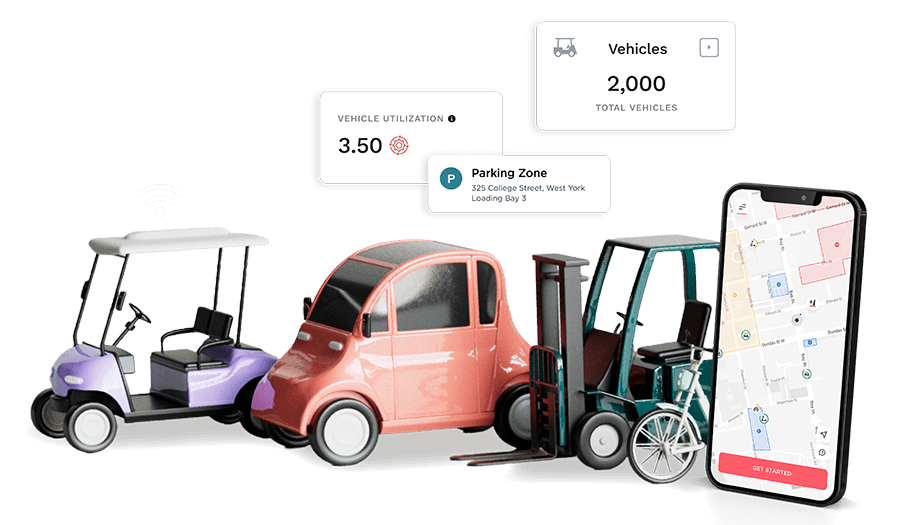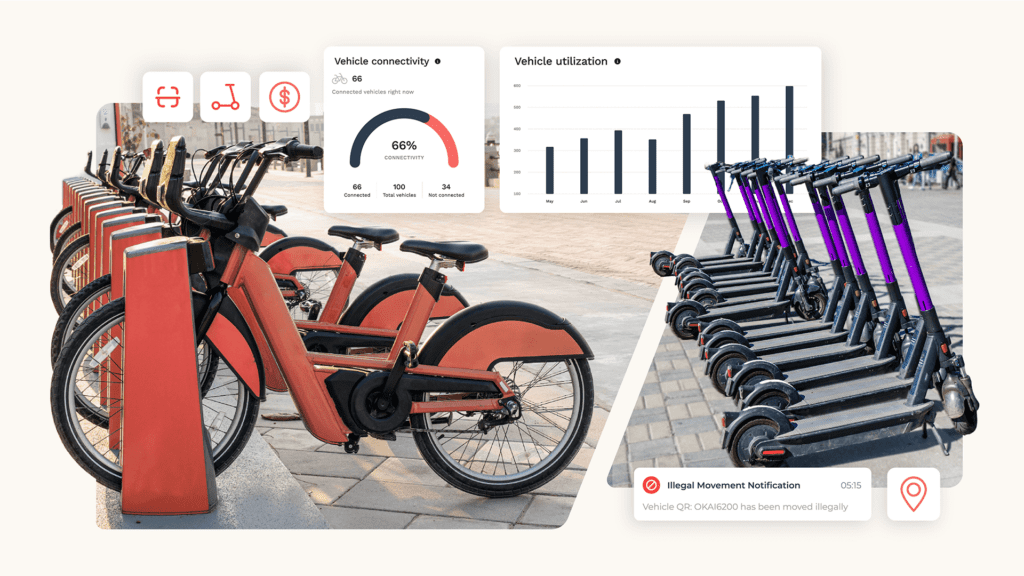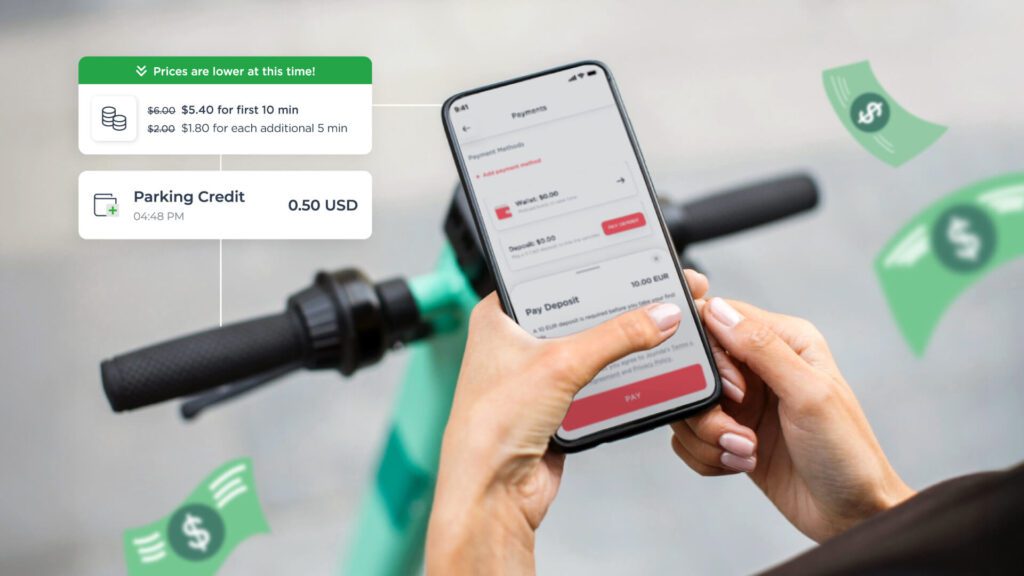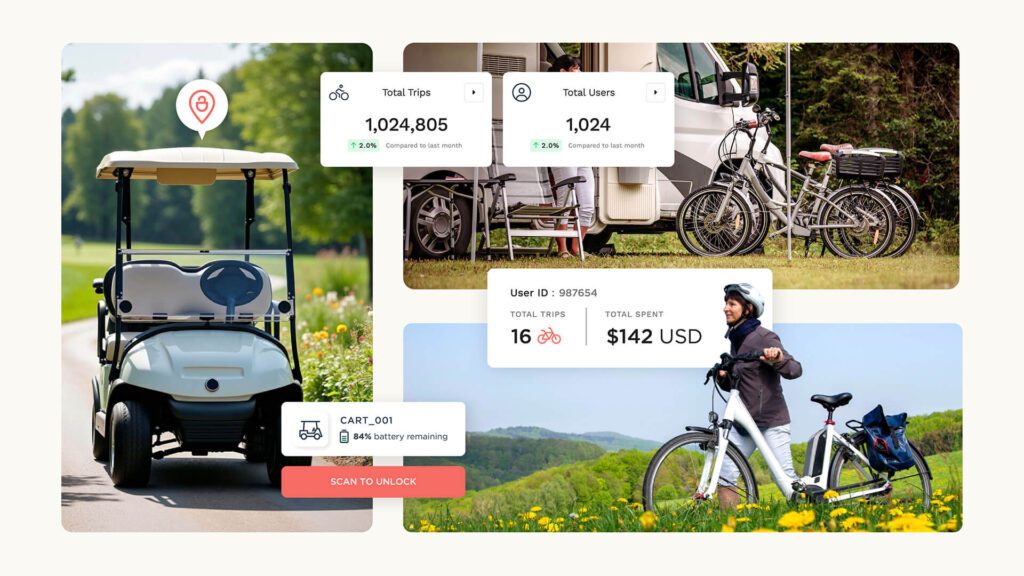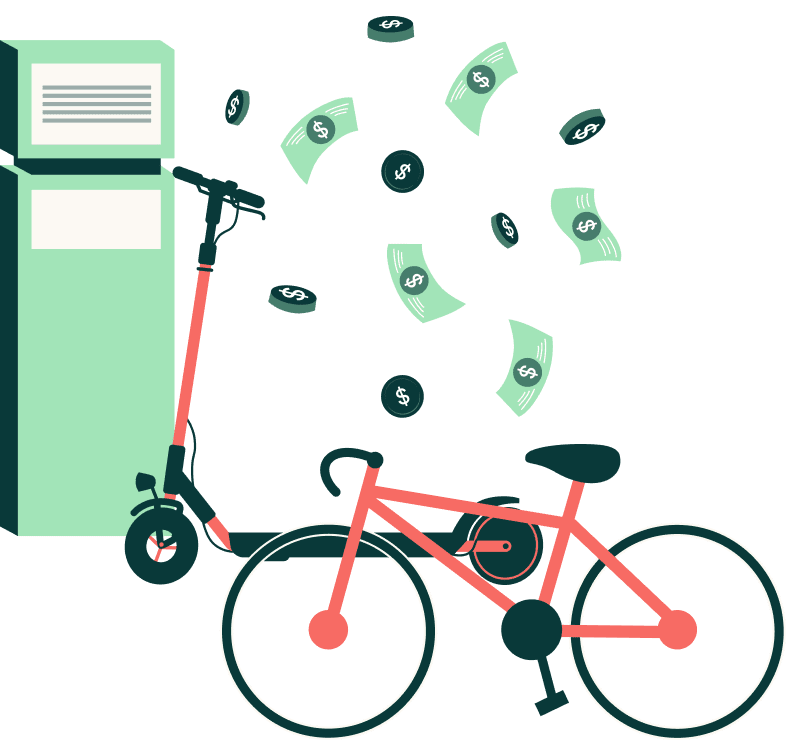Now’s the time for the micromobility industry to listen and look ahead.
Learning the importance of equitable mobility starts from the ground up with grassroots organizations and paradigm-shifting city groups that help underserved communities through efforts like widening access to shared mobility programs, diversifying payment methods and improving data collection systems.
Just as cities have a responsibility to incorporate equitable infrastructure into the initial stages of planning, shared mobility operators have the power to do the same from the initial stages of launching a business. Here’s a list of organizations (with links to their educational resources pages) that are showing us how the micromobility industry can effectively embrace inclusivity in urban planning and access to transportation:
In association with the City of Philadelphia, the People for Bikes Foundation and the National Association of City Transportation Officials (NACTO), the Better Bike Share Partnership strives to build equitable and replicable bike-share systems. The organization focuses on understanding barriers to bike-share use in low-income and communities of color, as well as developing and disseminating strategies to address those barriers. “We help cities, operators and organizations learn about initial barriers to shared micromobility access for low-income and communities of color, and identify ways to address those issues through education, marketing and meaningful community outreach,” says Waffiyyah Murray, Program Manager at Better Bike Share Partnership. “Mobility operators must speak to the communities they’re looking to serve. Nothing beats face-to-face communication. Businesses and planners must ask themselves if community engagement is really part of their plans. Is diversity part of the company? It’s about putting actions behind the words and showing support, because biking and shared mobility is all about reaching people and connecting them.”
This Bay Area group’s mandate is to ensure racial and economic equity is central to the deployment of any scooter share program, where ridership reflects the racial makeup of local communities. TransForm’s goals include increasing first and last mile connectivity in transit-poor communities, ensuring scooters help improve residents’ access to public transit, and improving safety for scooter riders and pedestrians. The organization’s particular focus is on low-income neighbourhoods, seniors and people with disabilities.
Untokening is a multi-racial national U.S. collective that focuses on the lived experiences of marginalized communities in order to address mobility injustice and inequality. The organization develops networks, training programs and resources that support Black, Indigenous and People of Color movement leaders who want to bring their experiences into their professional work. Untokening conventions engage in candid discussions about street safety, displacement and gentrification, community engagement, and culture.
Cycle Toronto is a member-support non-profit that is centered around promoting accessible cycling for all. The organization is focused on advocacy, education and encouragement, and it works to shape policy and infrastructure based on diversity and equitable access.
This Washington, D.C. program provides an example of how public bike shares can implement measures to increase access to cycling. Through its designated equity program, Capital Bikeshare recently partnered with the District Government Employees Federal Credit Union and United Bank to provide bank accounts and debit cards to previously unbanked users and awarded gift cards to be used toward their annual bike-sharing memberships in order to help subsidize costs.
This collaborative works to close the racial and economic gap among Black people across the U.S. Living Cities works with cross-sector leaders to improve the economic well-being of low-income people.
Based in New Orleans, Bike Easy is focused on advocacy, community and education. As part of its efforts to facilitate community education forums, Bike Easy holds bicycle safety workshops in schools, low-income neighborhoods and businesses across the city.
Launched in 2017 through the U.S. Center for Social Inclusion – Transportation Equity segment, Race Forward is home to the Government Alliance on Race and Equity (GARE), a national network of local government working to achieve racial equity and advance opportunities for all. The organization works with community groups, government and national organizations to develop policies that advance racial equity.
Equiticity is a movement focused on programming and advocating for racial equity, increased mobility and racial justice to make lives better for Black, Brown and Indigenous people of color across the U.S. The group’s target audience is comprised of elected officials, policymakers, influencers, philanthropists and thought leaders.
If your company or city is playing a key role in promoting equitable urban design and inclusive access to mobility, we want to learn from you. If you’re looking for ways to reach underserved communities through micromobility, we want to work with you. Tell us more here.

